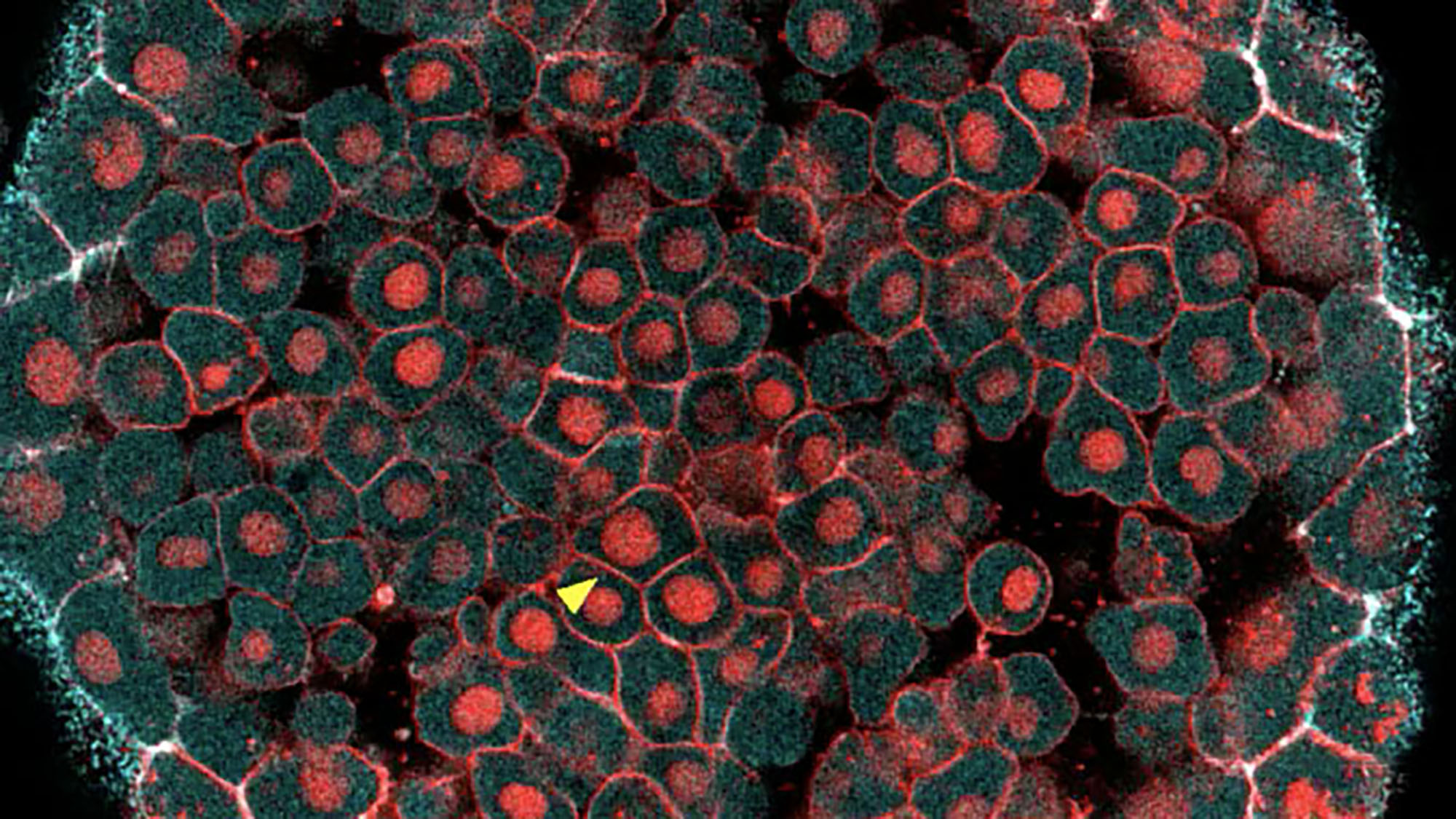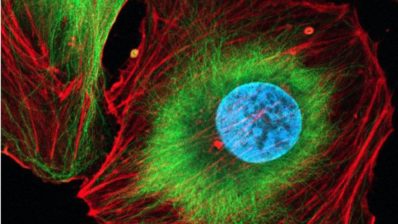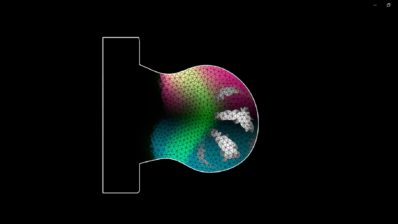A study led by the Centre for Genomic Regulation (CRG) has shown, for the first time, that epithelial cells of newly formed embryos are capable of eliminating defective cells, despite the lack of an immune system, thanks to a process called epithelial phagocytosis.
By filming zebrafish and mouse embryos with high-resolution microscopy, the team led by Verena Ruprecht has verified that epithelial cells are capable of recognizing, ingesting and destroying defective cells that would compromise the development of the embryo.
“Here we propose a new function for epithelia as efficient scavengers of dying cells in the earliest stages of vertebrate embryogenesis,”
Verena Ruprecht (CRG), group leader and senior author of the study
This discovery, which shows that vertebrate embryos have immune responses earlier than previously thought, could serve, according to the authors, to understand physiological functions of tissues and to evaluate the quality of embryos in reproductive medicine.
Hoijman, E., Häkkinen, HM., Tolosa-Ramon, Q. et al. Cooperative epithelial phagocytosis enables error correction in the early embryo. Nature (2021).






